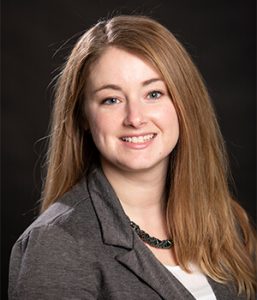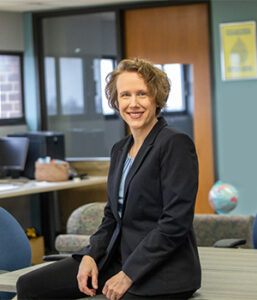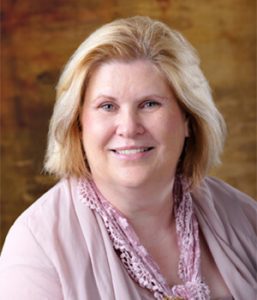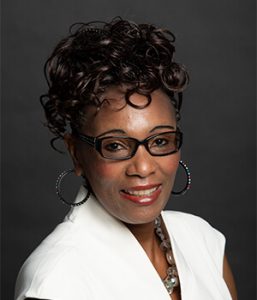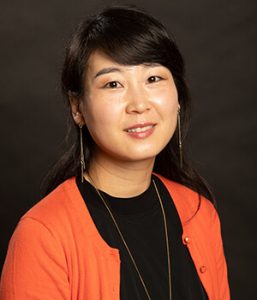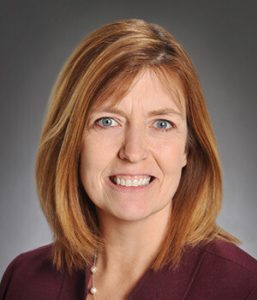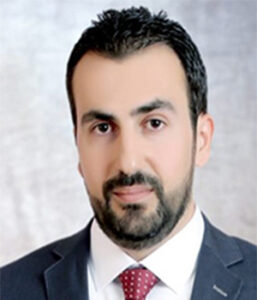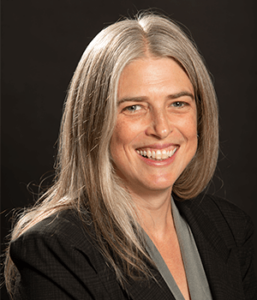Self-management
Our Theme
Improving health outcomes in diverse populations through the science of self-management.
Our Focus
Self-management is defined as a process by which individuals and families use knowledge and beliefs, self-regulation skills and abilities, and social facilitation to achieve health-related outcomes. Self-management takes place in the context of risk and protective factors specific to the condition, the physical and social environment, and the individual and family. Proximal outcomes are self-management behaviors and cost of health care services; distal outcomes are health status, quality of life and cost of health. Self-management is applicable to chronic conditions as well as health promotion [1-2].
The science of self-management is advanced by scientists who are developing and testing self-management interventions in various health and illness conditions and with diverse populations. Their findings can then be translated to practice and curricula. The Self-Management Science Center at UWM is the nexus for collaboration among scientists at UWM and at universities nationally and internationally. The science is guided by the Individual and Family Self-Management Theory, which was developed by Drs. Ryan and Sawin who were Self-Management Center Scientists.
1 Ryan, P. & Sawin, K. J. (2009). The Individual and Family Self-Management Theory: Background and perspectives on context process and outcomes. Nursing Outlook, 57, 217-225. Link to article:http://www.ncbi.nlm.nih.gov/pmc/articles/PMC2908991/
2 Ryan, P. (2009). The Integrated Theory of Health Behavior Change: Background and intervention development. Clinical Nurse Specialist, 23(3), 161-170. Link to this article: https://www.ncbi.nlm.nih.gov/pmc/articles/PMC2778019/
3 UWM Self-Management Science Center Working Group*. (2011). Individual and Family Self-Management Theory: Definition of self-management.
4 Ryan, P. A., & Sawin, K. J. (2014). Individual and Family Self-Management Theory [Revised Figure]. Retrieved from
https://uwm.edu/nursing/centers-institutes/self-management/theory/
*Working group members. P. Ryan, K. Sawin, J. Doering, B. Rodgers, S. Morgan, R. Schiffman, E. Hildebrandt & R. Marine.
Self-management Researchers
- Head of School, Associate Dean for Academic Affairs and Professor
- School of Nursing
- doering@uwm.edu
- 414-251-8424
- Cunningham Hall 743
- Professor
- Joint Research Chair in the Nursing of Children
- mpolfuss@uwm.edu
- 414-229-2609
- Cunningham Hall 443
